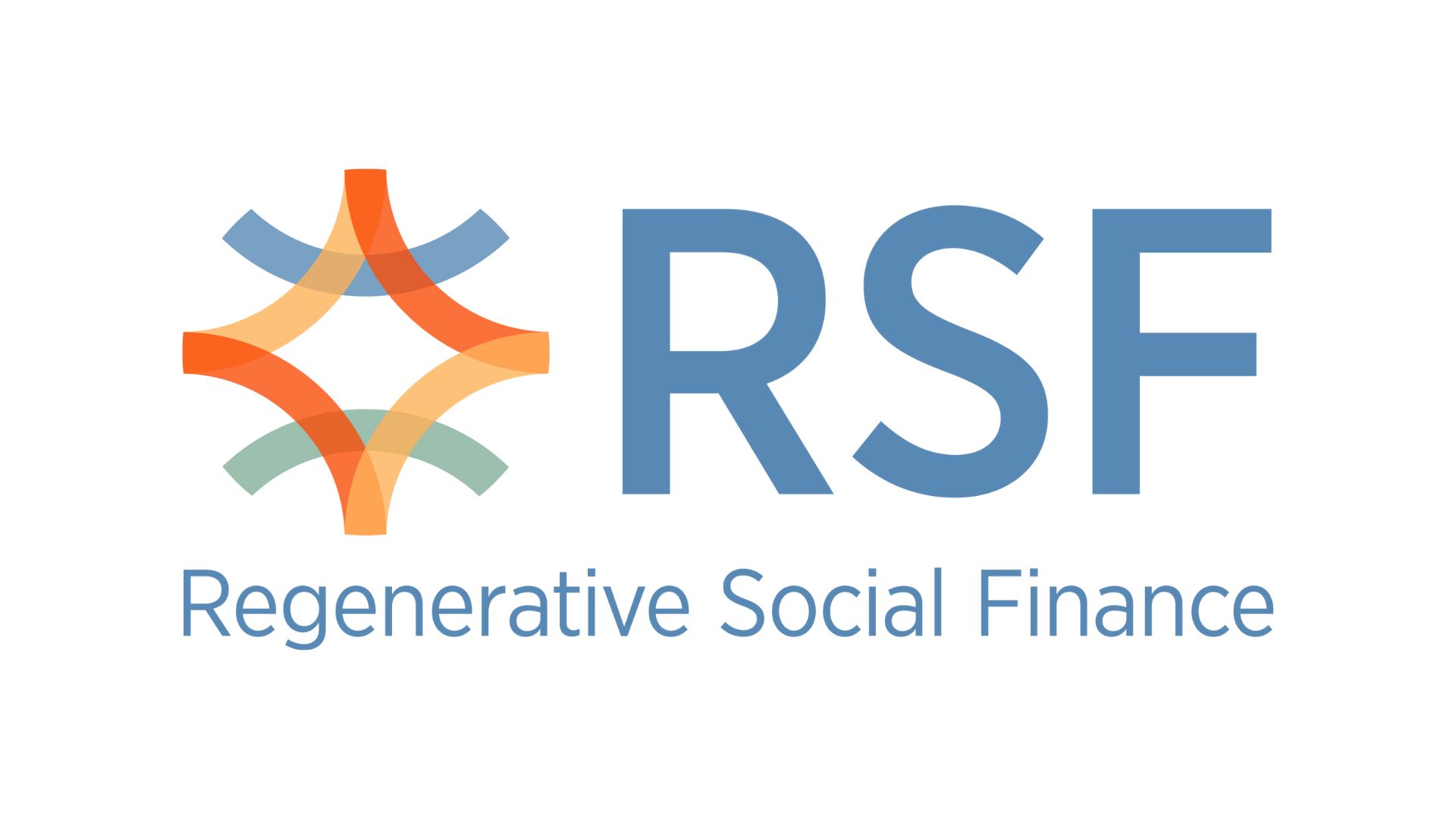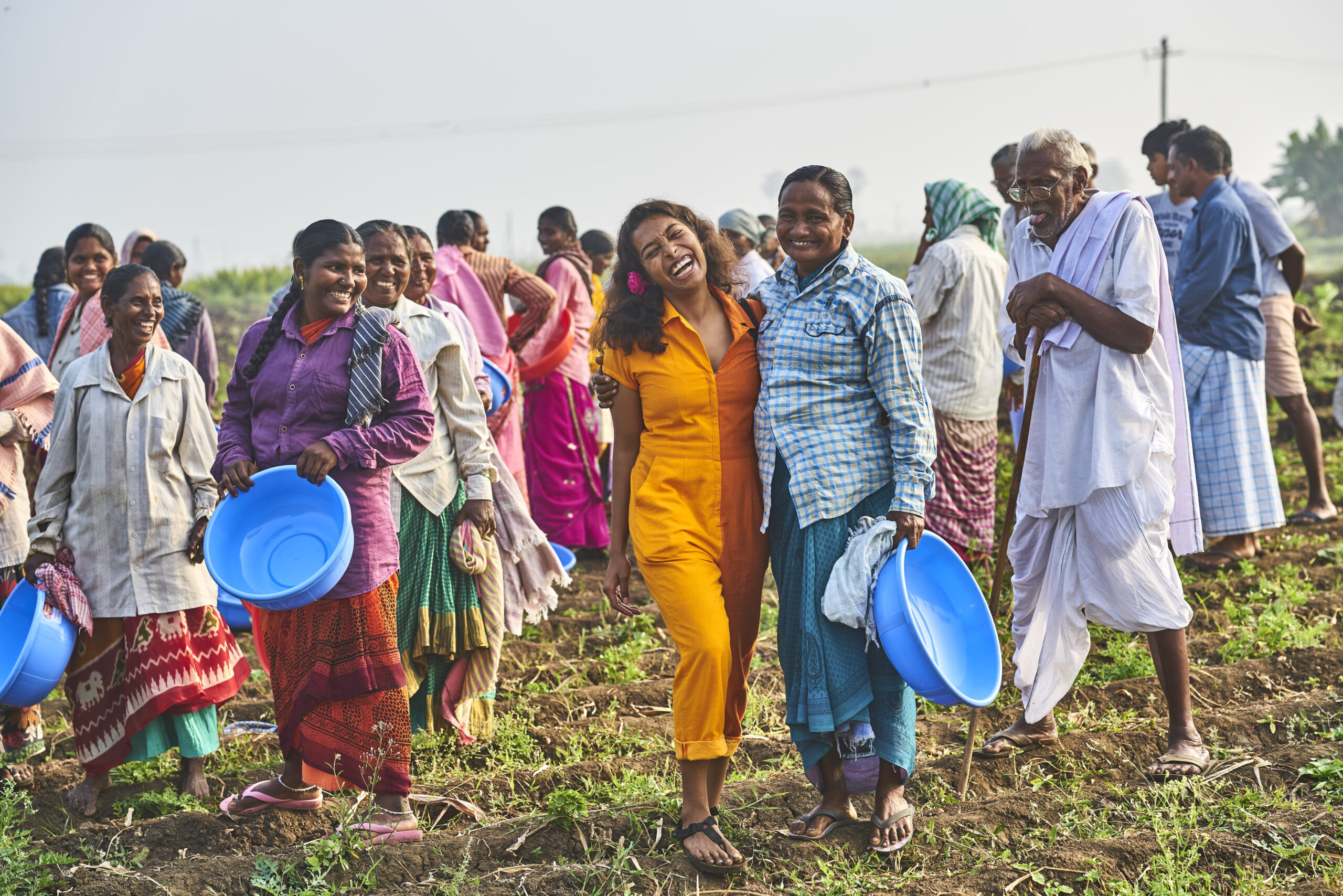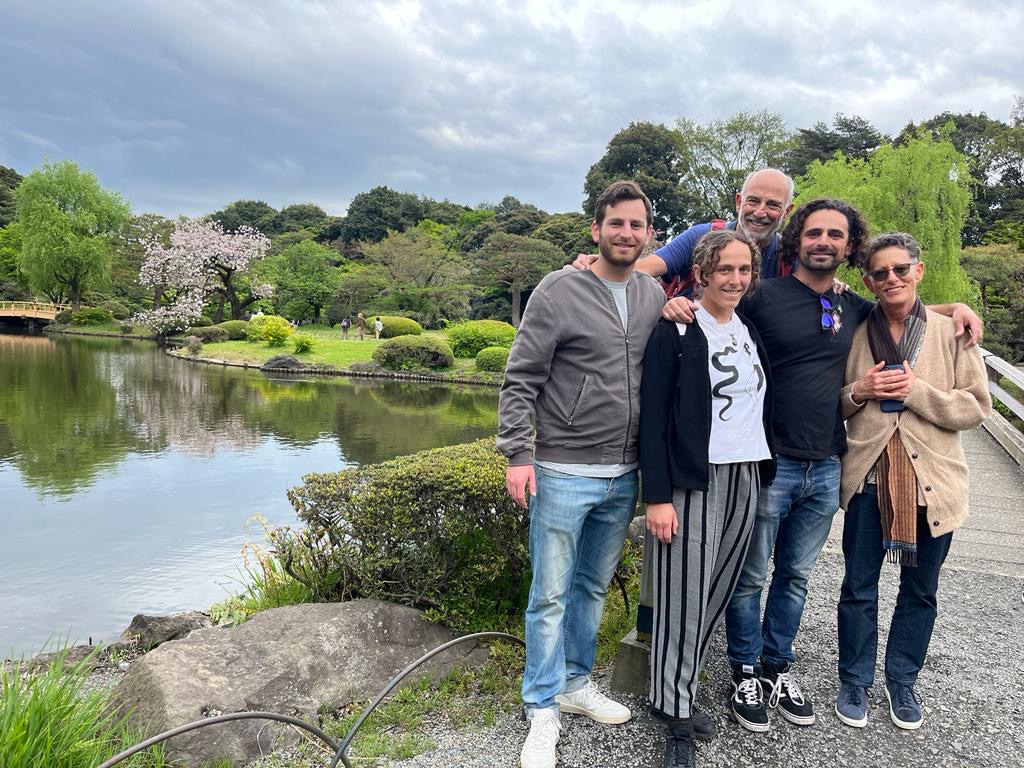Integrated Capital Fellows explore how to activate capital to create lasting, positive change while building connection and community.
A new clarity is emerging, one that recognizes that the stewardship of money includes a duty to the greater whole. This clarity has engendered an entirely new form of activism, one in which money is used creatively as a powerful tool to improve the world. Inspired by this conviction, we’re working with visionary wealth holders and financial activists to pioneer better ways to activate the positive potential of money.
Last November Fellows of our Integrated Capital Institute (ICI) met for five days at Paicines Ranch near the Salinas Valley in California. Paicines Ranch is distinctive because its owners practice environmental conservation and regenerative production. Its operating principles include biodiversity, water cycling, nutrient cycling, and use of an effective energy cycle while producing food, fuel, and fiber. Fellows had the opportunity to walk the land with ranch owner Sallie Calhoun and learn about regenerative agriculture and soil health. The natural environment of the ranch enriched conversations about how we can collectively move the economy from one that is extractive to one that is regenerative.
The Institute brings together people who understand investing, lending, and giving, but who are also change-makers at heart and feel a real sense of urgency to enact this change.
Our Fellows learn from a group of experts in the field to help move capital with an integrated and strategic approach to affect an articulated social mission. They also learn how to use effective integrated capital strategies and gain an essential understanding of the mindset and culture needed to support the fundamental re-thinking of the purpose of wealth.
The nine-month program centers around three in-person training intensives, one-on-one expert advisors, peer coaching, case studies, webinars, and independent study. The Institute brings together people who understand investing, lending, and giving, but who are also change-makers at heart and feel a real sense of urgency to enact this change. The work of integrated capital activation requires creative, intelligent, and passionate leaders called to move beyond impact investing and leverage capital as a powerful tool for long-term change.
ICI is heavily experiential and offers the opportunity for collaboration, leadership development, and explorations of how to leverage integrated capital strategies and tools. RSF has modeled this approach for 35 years, and we are lucky to benefit from the collective wisdom of ICI faculty, advisors, and thought leaders who have been pioneers in utilizing integrated capital strategies. Our faculty members include Joel Solomon, Marian Moore, and Akaya Windwood, who were profiled in our Spring/Summer 2018 newsletter.
I am deeply inspired by their work, passion, and vision for the future. The Fellows are financial activists from diverse backgrounds, locations, and sectors, who are aligned in their commitment to create an inclusive, regenerative economy. I am delighted to introduce you to three incredible Integrated Capital Institute Fellows.
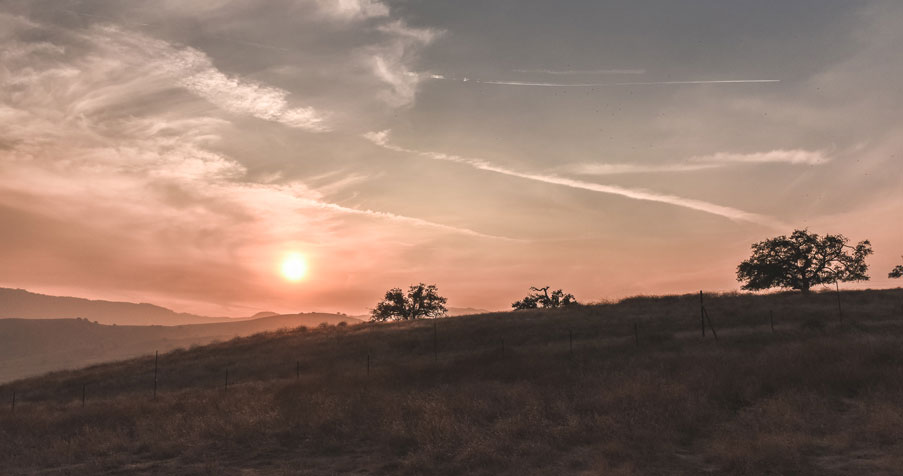
Aisha Nyandoro is the Chief Executive Officer of Springboard To Opportunities, a nonprofit organization that provides strategic, direct support to residents of federally subsidized affordable housing. Initially created to serve the city of Jackson, Mississippi, Aisha’s hometown, their services have expanded to include several counties in Mississippi, Alabama, Washington DC, and Maryland.
Springboard’s service delivery model uses a “radically resident-driven” approach designed to improve quality of life and end the generational poverty trajectory. Previously, Aisha has worked as an academic, evaluator, philanthropist, and nonprofit executive, and these experiences have allowed her to better understand systems and policies that impact vulnerable communities.
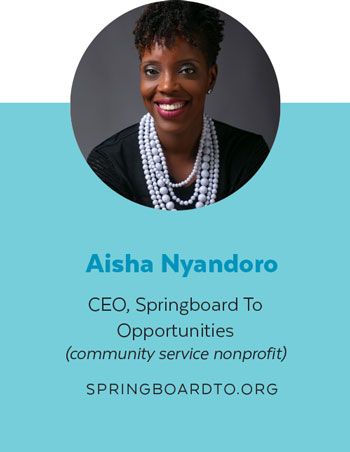
Springboard To Opportunities’ most recent initiative is called The Magnolia Mother’s Trust, which addresses the narrative regarding how we view poverty and commits to providing individuals and families with the resources needed to be successful. Under this new initiative, 20 Springboard families in Jackson, Mississippi will be given $1000 cash every month, with no strings attached, for 12 consecutive months. These families are free to use this money in whatever way they see fit to best meet their financial needs. Aisha believes that families know best what they need and sees this as an opportunity to put tangible action behind those words. In questioning the punitive approach and restrictive actions that are often imposed upon philanthropy and financial assistance in this country, Aisha and her organization are removing those barriers for their clients. In doing so, they not only help the community succeed, but are also able to learn from the residents who experience gaps in our country’s financial safety net.
In the spirit of continuing to put tangible action behind her beliefs, Aisha’s focus as a Fellow centers around continuing to explore how to approach capital differently, and how to apply those learnings to her own organization. She is expanding her knowledge of how to use both social and financial capital in conjunction to effect change. Aisha remains grounded in and inspired by her community as she deepens and widens her knowledge and the tools she uses to holistically and compassionately lift families out of cycles of poverty.
David leads the Regenerative Food Systems initiative at Delta Institute, a Chicago based non-profit, where he manages a portfolio of projects that focus on unlocking substantial capital flows into the regenerative agriculture sector. Across these projects, David is catalyzing the flow of capital to support healthy, regenerative rural economies, and integrating many different types of capital, with different risk, return, and impact profiles to test, refine, and eventually scale these critical mechanisms.
As a natural science scholar, David was taught to “think like a mountain,” a term introduced by Aldo Leopold in A Sand County Almanac. Leopold argued that we need to design our systems to appreciate, if not internalize, the interconnectedness and complexity of dynamic, natural systems. David uses this framework when evaluating, designing, and implementing financial mechanisms that provide farmers and ranchers the access to capital they need to adopt management systems that are increasingly bio-metric, imitating natural systems. He understands that these systems should not only be measured by their returns on financial investment but also on the return of natural and social capital. Evidence demonstrates that by re-orienting capital and the institutions and people that move capital, we can reverse farmland degradation and build regenerative food systems that undo much of the damage that has been done over the past century.
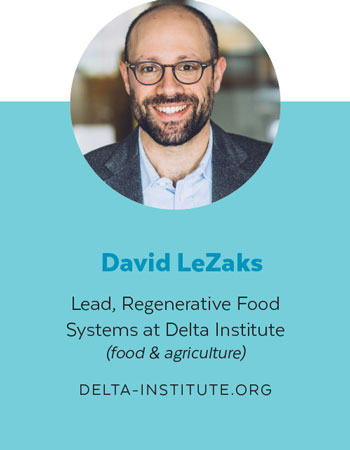
Behind all human-centered systems lie individuals, and therefore any system transformation relies upon the changes that individuals are capable of enacting. David acknowledges that among the most challenging aspects of this kind of system transformation lies in changing people’s minds: sparking an evolutionary process that starts with an individual, and that growth allows a shift to take place. One aspect of being a Fellow that David is particularly interested in is exploring the process of how and why these changes have taken place for those involved in the ICI, and how it has changed the way that capital flows. Gaining insight into this transformation, the reasons behind it, and the tools and ways of thinking that can be leveraged in affecting this change, will be helpful tools in all of David’s work.
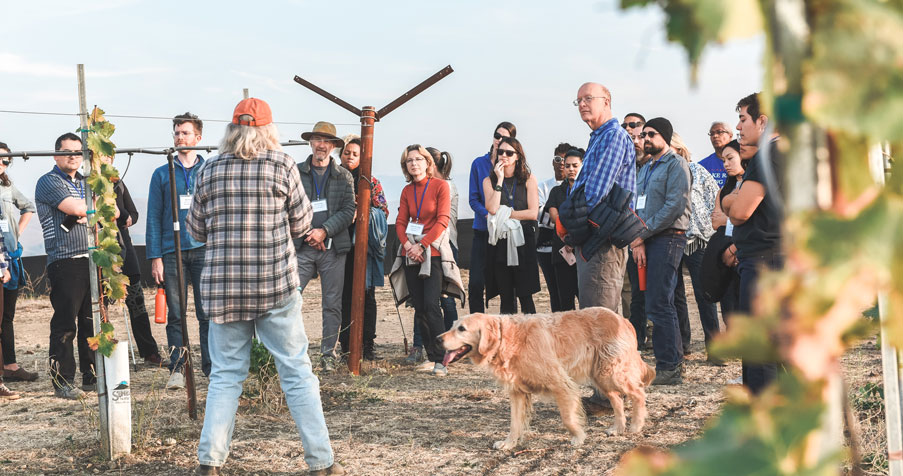
Tory Dietel Hopps has worked in the area of philanthropic giving for much of her career, first in the non-profit sector where she focused on resource development, management and governance for organizations in education, health, and human services. For the past 12 years, she has been a partner in a shared family philanthropic giving office where she manages portfolios for clients with both domestic and international interests and assists grantee partners with capacity building. She helps clients align their giving activity with their values and assists in transforming their attitudes and perceptions about what is possible with philanthropy. Tory believes that giving is a deeply personal expression of the individual and that philanthropy is society’s risk capital. When expression and risk are aligned, philanthropy can be a powerful tool for positive social change.
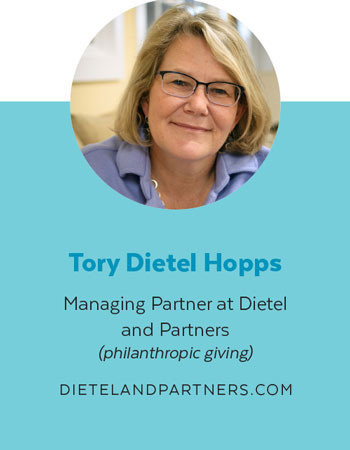
Tory’s interest in being an ICI Fellow came out of her experience in philanthropy and her own personal financial odyssey. Her initial foray into aligning capital with values was in philanthropy. Through the process of harmonizing her own financial assets with her values, coupled with her ICI Fellowship experience, she is more convinced than ever that we can all be “trim tabs” in the regenerative economy. Just like the small tabs on an ocean liner’s rudder, we can create change in directing how capital flows.
Having had familiarity with RSF Social Finance, and connection with some faculty members, Tory chose to become an ICI Fellow based on her interest in growing her knowledge of integrated capital tools and strategies. Of specific interest is the desire to build her capacity to hold and represent the principles of social justice through all financial activation. The connections amongst the Fellows is also something that has been inspiring, and Tory notes that because this group represents multiple different geographic locations, backgrounds, and sectors, there is a dynamic variety of vantage points. These differing approaches and experiences collectively create an exciting and meaningful experience.
Deb is the former vice president of client and community engagement at RSF
